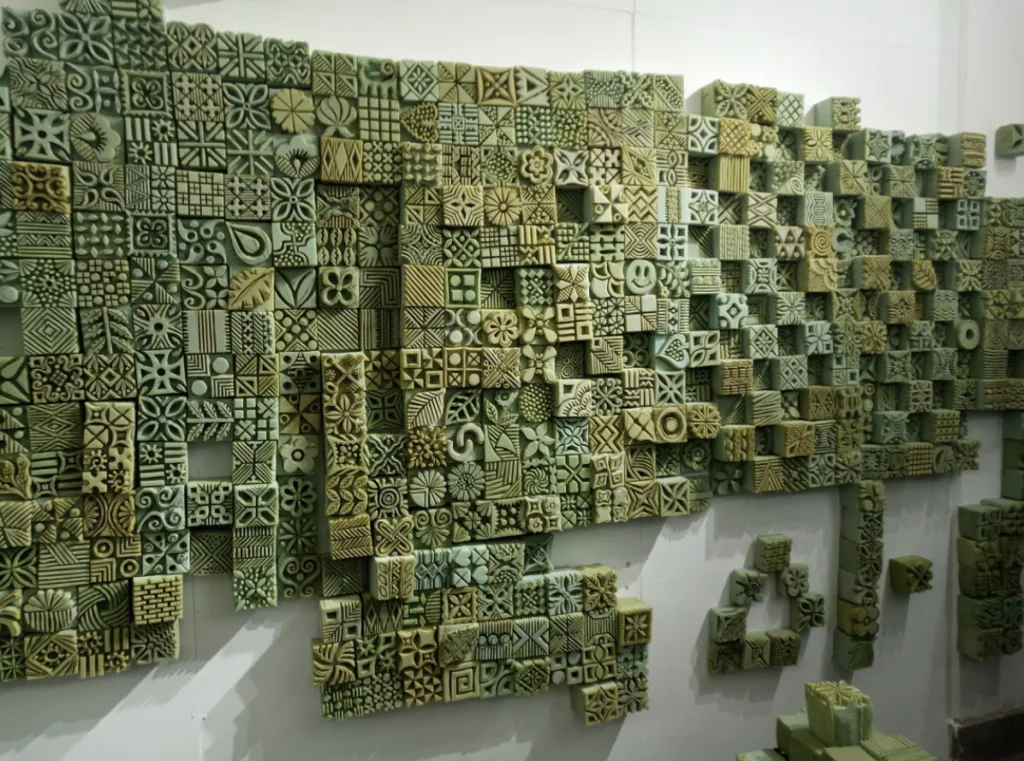Peju Layiwola is an artist, professor of art history and head of the Department of Creative Arts at the University of Lagos. Her artistic creations are rooted in diverse themes, including the looting and recovery of cultural treasures from the Kingdom of Benin in Nigeria, as well as the culture of memory, absences, and postcolonial legacies. Her artistic repertoire spans various media, as she delves into personal and communal histories, illuminating the dual nature of Benin as both an ancient kingdom and a modern city.

Peju Layiwola completed her undergraduate studies at the University of Benin, Benin City, where she obtained a Bachelor of Arts in Metal Design in 1988. Subsequently, she pursued advanced studies in Art History, earning a Master of Arts and a Ph.D. from the University of Ibadan, Nigeria, in 1991 and 2004, respectively. Her father, Babatunde Olatokunbo Olowu, who hails from Idumagbo, Lagos, is the scion of Charles Olatokunbo Olowu, the pioneer of cinema culture in the old Midwestern region of Nigeria. Peju Layiwola inherited a passion for the arts from her mother, Princess Elizabeth Olowu, daughter of HRM Oba Akenzua II of Benin, and followed in her footsteps to pursue a career in art. She expanded her intellectual horizons by adding art history to her repertoire during her graduate studies.

Layiwola’s artistic creations encompass a diverse range of media, spanning from metalwork and pottery to textile and sculpture, and explore various facets of the postcolonial African condition. Her work revolves around personal and communal histories, with a particular focus on Benin as both an ancient kingdom and a modern city. In her teaching, writing, and art, she continuously engages with themes such as artifact looting, repatriation and restitution, history, memory, gender, and the dynamic processes of creation. Layiwola’s practice has evolved from emotionally charged exhibitions that address the issue of art pillage in Africa, such as “Benin 1897.com: Art and the Restitution Question” (2010), “Whose Centenary?” (2014), and “Return” (2018), towards a gentler exploration of textiles and their multifaceted meanings.
Her artworks can be found in the collections of various institutions, including Microsoft Lagos, Yemisi Shyllon Museum, Pan Atlantic University, Lagos, as well as in the private collections of JP and Ebun Clark and HRH, the Obi of Onitsha.


